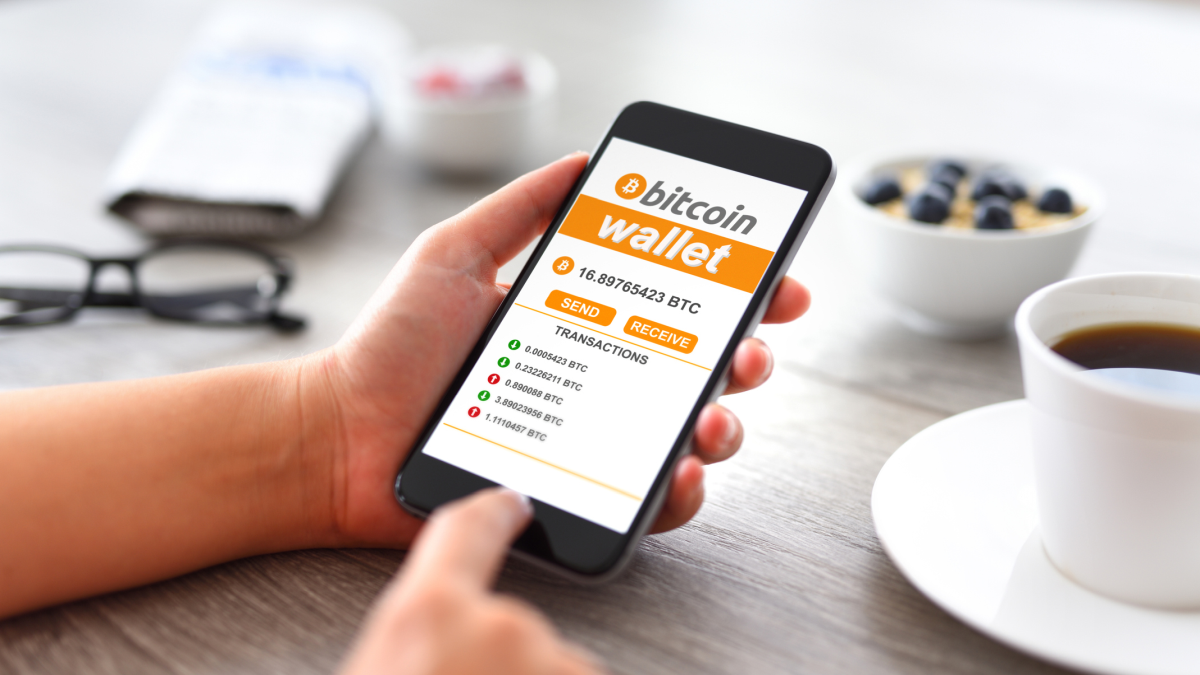In August of 2021, a thief stole about $600 million in cryptocurrencies from The Poly Network. They ended up giving it back, but not because they were forced to. Slightly more than one week later, Japanese cryptocurrency exchange Liquid was hacked and lost $97 million worth of digital coins.
These examples of recent news about hacked cryptocurrency exchanges left many investors wondering whether it was still smart to invest in cryptocurrencies and how to keep them safe.
We can’t answer the first question for you. I wish I knew. But we can explain the terminology, the methods, and the risks. So you can decide which would be best for you.
Wallets
A wallet is basically the name for the methods to store virtual money. Like you can keep non-virtual money in a bank account or under your mattress, you can keep virtual currencies in hot and cold wallets. An empty wallet has the same meaning ….. and the same value. So let’s try to avoid getting our wallets robbed empty.
Bank robbers
A big difference between bank robbers and hackers that are after crytpocurrency exchanges, besides the possible size of the loot, is that when money gets stolen from a bank they are not going to tell their customers that a certain amount of the stolen amount belonged to them. Unless the robbers emptied some private lockers, but that is not the point. If you have your cryptocurrency stored with an exchange and the hosted wallets get emptied, the exchange will be able to tell exactly whose money was stolen due to the traceability of each transaction that defines the very nature of cryptocurrencies. So the feeling that many will refer to as having the money safely in the bank, does not fully apply for crypto exchanges.
A hardware wallet
A hardware wallet is a place to safely store your private keys. The goal of the hardware wallet is to keep the private keys secret since they are needed to authorize transactions. Fundamentally, if you write the private key down on a piece of paper and put it in your safe at home, you have the most basic hardware wallet. And sometimes you will be advised to do just that.
Wallets often make use of a seed phrase. A seed phrase is a list of words which store all the information needed to recover cryptocurrency funds on-chain. Wallet software will typically generate a seed phrase and instruct the user to write it down on paper and keep it in a safe place. If you were to give out your seed phrase, for example as a result of a phishing attempt, the threat actor would then be able to get access to your wallet.
What is a cold wallet?
A much more sophisticated method of keeping your money under the mattress is a cold wallet. A cold wallet is a hardware wallet that is not connected to the internet. So this can be compared to having your money in a vault at home which you only open when you need to spend some of the funds. When it comes to the danger of having your cryptocurrency stolen by hackers, a cold wallet ranks highly as one of the safest storage methods. But a cold wallet has a few drawbacks:
- They cost money. Prices for common hardware wallets range from $50 to $200. Not a big price to pay if you own a large amount of cryptocurrencies, but ridiculous to safeguard a few Satoshi.
- They are not available for every cryptocurrency. You can easily find hardware wallets for the well-known cryptocurrencies like Bitcoin and Ethereum, but you will have more trouble finding a suitable one if you are investing in new or rare cryptocurrencies.
- Lose your cold wallet or break it beyond repair and it is all gone.
Or as the IT engineer who accidentally threw away the hard drive of an old computer containing 7,500 bitcoins back in 2013 said: “I’ll keep looking.”
Hot wallet
A hot wallet may be called that because it compares to walking around with a lot of cash in your pockets in the worst of neighborhoods. A cryptocurrency exchange to hackers is like a huge pot of gold at the end of the rainbow. And looking at the events over the past years the coding behind these exchanges has been seriously lacking in the security department. Even if you can trust an exchange to not pull an inside job on you, can you trust the security measures they have taken to safeguard your savings?
The main job of an exchange is not to safely store your wallet, although many of them will certainly offer you that option. Their main job is to allow you to buy and sell cryptocurrencies. Most of the crypto brokers that works with these exchanges to ensure a continuous flow of supply and demand work with cold wallets and will probably advise you to do the same. But again, we are talking about amounts that are worth an investment in security.
Feel free to add your advice in the comments, but keep them civilized.
Remember, if you want to hold onto your cryptocurrencies, keep them safe!











